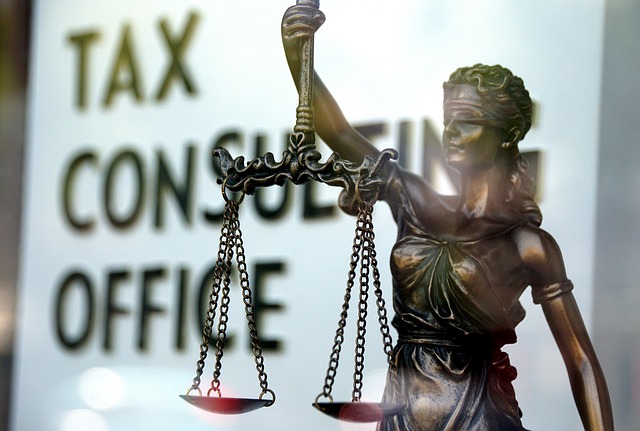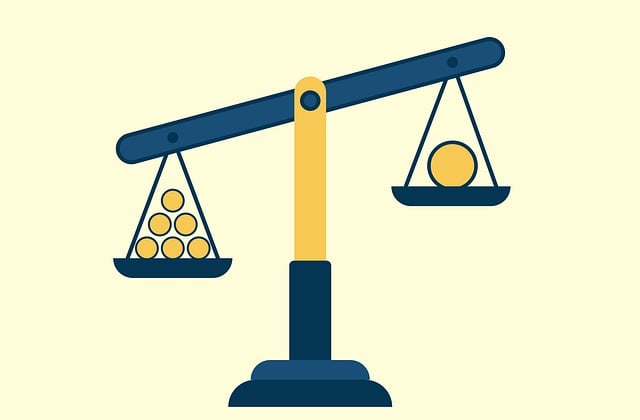RF Regulatory Agencies investigate plea bargaining agreements for ethical considerations, balancing swift dispute resolution with fairness and transparency. These probes aim to secure charge dismissal without compromising public safety or standards, promoting future accountability. Ethical Plea Bargaining Agreements require a careful equilibrium between justice and business operations, impacting legal system integrity and corporate practices. Following investigations, significant reforms address systemic issues, ensuring fairness and accountability in high-stakes cases.
RF Regulatory Agency Investigations delve into complex scenarios where compliance with radiocommunications standards is paramount. Understanding the agency’s jurisdiction, triggering factors for investigations, and the role of ethical considerations in plea bargaining agreements is crucial for all stakeholders. This article explores these key aspects, highlighting rights and responsibilities, post-investigation impacts, and reforms implemented. By delving into ethical plea bargaining, we emphasize responsible practices that balance accountability with fairness.
- Understanding RF Regulatory Agency Jurisdiction
- Triggering Factors for Agency Investigations
- Ethical Plea Bargaining Agreements: A Deep Dive
- Rights and Responsibilities of Investigated Parties
- Post-Investigation Impact and Reforms Implemented
Understanding RF Regulatory Agency Jurisdiction

RF Regulatory Agencies, tasked with overseeing wireless communication technologies, possess a unique jurisdiction that involves both technical expertise and legal acumen. Their role is multifaceted; they ensure radio frequency (RF) devices comply with safety standards, promote fair competition in the market, and protect consumers from potential hazards. This jurisdiction extends to investigating complaints, enforcing regulations, and issuing penalties for non-compliance.
When it comes to ethical considerations, RF Regulatory Agency Investigations introduce intricate dilemmas, especially in high-stakes cases. Plea bargaining agreements, a common strategy in general criminal defense, raise questions about fairness and transparency. Balancing the need for efficient dispute resolution with upholding ethical standards is paramount. For his clients, securing favorable outcomes while navigating these regulatory waters demands a deep understanding of both RF technologies and legal ethics.
Triggering Factors for Agency Investigations

RF Regulatory Agency investigations are typically triggered by several factors that underscore ethical considerations in plea bargaining agreements. High-stakes cases involving complex regulatory violations often catch the agency’s attention, as they present opportunities for achieving extraordinary results. These investigations may arise from whistleblowers’ reports, industry complaints, or even internal audits revealing potential unethical conduct.
In navigating these scenarios, agencies scrutinize plea bargains to ensure fairness and integrity in the legal process. The goal is to secure complete dismissal of all charges against individuals or entities found to have acted unethically without compromising public safety and regulatory standards. This delicate balance ensures that penalties are commensurate with the violations while promoting accountability and compliance moving forward.
Ethical Plea Bargaining Agreements: A Deep Dive

In the realm of RF regulatory agency investigations, Ethical Plea Bargaining Agreements play a pivotal role. These agreements, while providing a structured path for resolution, necessitate a delicate balance between ensuring justice and upholding ethical considerations in respective business operations. The general criminal defense strategy often involves navigating complex legal landscapes, where achieving winning challenging defense verdicts can be a testament to the acumen of legal counsel and the integrity of the process.
When crafting plea bargains, it’s crucial to delve into the ethical implications. This involves assessing the impact on all stakeholders—from the accused to the regulatory agency—and ensuring transparency throughout the process. Such agreements should not only address compliance but also foster a culture of accountability, thereby enhancing the overall integrity of the legal system and the respective business practices.
Rights and Responsibilities of Investigated Parties

When faced with RF Regulatory Agency investigations, parties under scrutiny must navigate a complex balance between their rights and responsibilities. These investigations often involve significant legal and financial implications for businesses and individuals alike. A key aspect to consider is the potential impact on future legal proceedings, including plea bargaining agreements. Ethical considerations in these negotiations are paramount.
Plea bargains, while offering a path to resolution, must be approached with caution. Investigated parties should ensure that any agreement does not compromise their respective business interests or hinder their ability to mount a defense in subsequent jury trials. Balancing the need for cooperation with regulatory agencies and maintaining the integrity of their operations is crucial. The goal is to achieve a complete dismissal of all charges without unduly sacrificing the party’s legal position and future prospects.
Post-Investigation Impact and Reforms Implemented

After RF Regulatory Agency (RFRA) investigations conclude, the resulting impact can be profound, driving significant reforms across various sectors. The agency’s findings often expose systemic issues and vulnerabilities that require attention to prevent recurrence. These investigations serve as a catalyst for enhancing regulatory frameworks, leading to stricter compliance standards and more robust oversight mechanisms. Companies involved in high-stakes cases, particularly those accused of white-collar and economic crimes, must carefully navigate the aftermath. Ethical considerations in plea bargaining agreements become paramount, ensuring fairness and accountability throughout the process.
The reforms implemented post-investigation can have wide-ranging effects on respective businesses. They may include stricter licensing procedures, enhanced data security measures, and improved corporate governance practices. By addressing the root causes of regulatory violations, RFRA investigations foster a culture of integrity and transparency, reshaping industry landscapes and driving positive change for future business operations.
RF Regulatory Agency investigations play a vital role in ensuring the integrity of radio frequency (RF) technologies. By understanding the jurisdiction, triggering factors, and rights involved, both agencies and investigated parties can navigate these processes more effectively. Moreover, delving into ethical considerations in plea bargaining agreements is crucial to foster fairness and maintain public trust. Ultimately, post-investigation reforms ensure a dynamic landscape that continues to revolutionize RF technology while upholding stringent regulatory standards.






